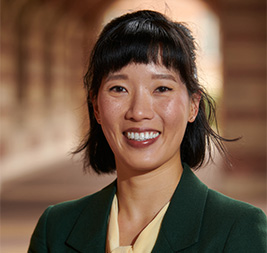People
Faculty

Jennie Brand
Jennie E. Brand is Professor of Sociology and Statistics at the University of California, Los Angeles (UCLA). She is Co-Director of the Center for Social Statistics (CSS) at UCLA. She has been Chair of the Methodology Section and the Inequality, Poverty, and Mobility Section of the American Sociological Association (ASA), and Vice-President of the Board of the International Sociological Association (ISA) Research Committee on Social Stratification and Mobility (RC28). She previously served on the councils of the ASA Methodology, Sociology of Education, and Inequality, Poverty, and Mobility sections. She was elected to the Sociological Research Association (SRA), an honor society for excellence in research, in 2019, and received the ASA Methodology Leo Goodman Mid-Career Award in 2016, and honorable mention for the ASA Inequality, Poverty, and Mobility William Julius Wilson Mid-Career Award in 2014. Prof. Brand is a member of the Technical Review Committee for the National Longitudinal Surveys Program at the Bureau of Labor Statistics. She was previously a member of the Board of Overseers of the General Social Survey (GSS). She is Associate Editor of AAAS’s Science Advances, the open access extension of Science magazine, and serves on the editorial boards of Social Forces, Sociological Methodology, Sociological Methods and Research, Sociological Science, and Sociology Compass. She also previously served on the boards of American Sociological Review, Demography, and SAGE Research Methods. Prof. Brand studies social stratification and inequality, mobility, social demography, education, and methods for causal inference.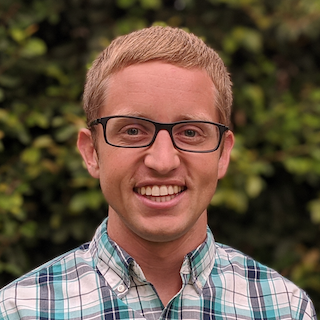
Ian Lundberg
Ian Lundberg is an Assistant Professor of Information Science at Cornell University. His research develops statistical methods and applies those methods to questions about inequality, poverty, and mobility. After completing his PhD in sociology at Princeton University, Ian spent one year as a postdoctoral scholar in the Department of Sociology at UCLA. Ian enjoys hiking, surfing, and making oatmeal with blueberries.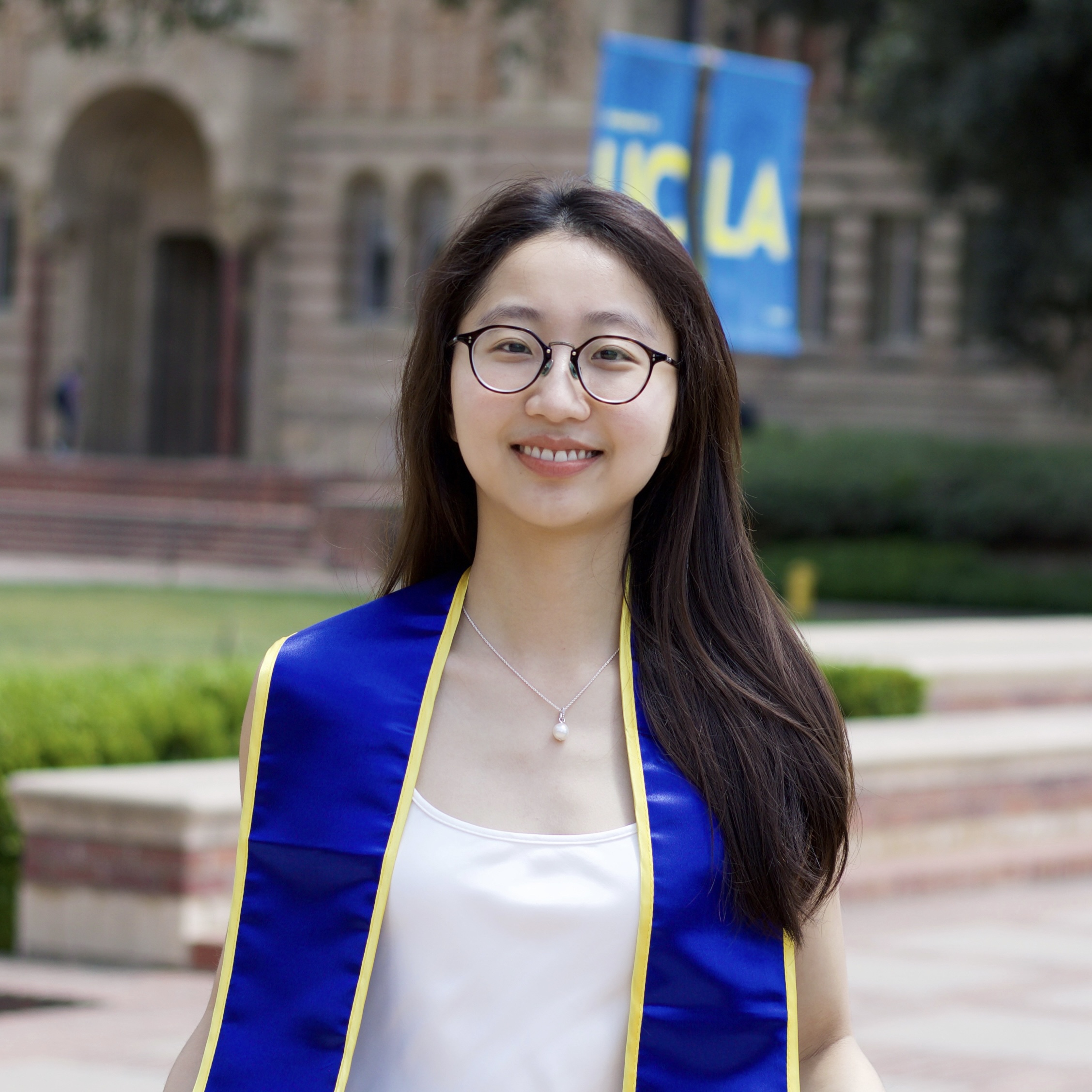
Kristin Liao
Kristin Liao is a PhD student in Sociology, a Master's student in Statistics and Data Science, and a NICHD trainee at the California Center for Population Research at UCLA. Kristin studies the social stratification and mobility of diverse immigrant populations in the US labor market and how higher education and family demographic processes shape their heterogeneous trajectories. Kristin is also interested in using causal inference and computational methods to motivate development in social theories.
Christina Wilmot
Christina Wilmot is a Ph.D. student in sociology at UCLA. Previously, she studied computer science and worked as a software engineer at Google. She is interested in the varying intersections of technology and society, including using novel computational methods to analyze social information, studying online social behavior, and looking at the effects of the adoption of new technologies on a society. She also aims to make computational methods more accessible to social researchers from a variety of substantive and methodological fields.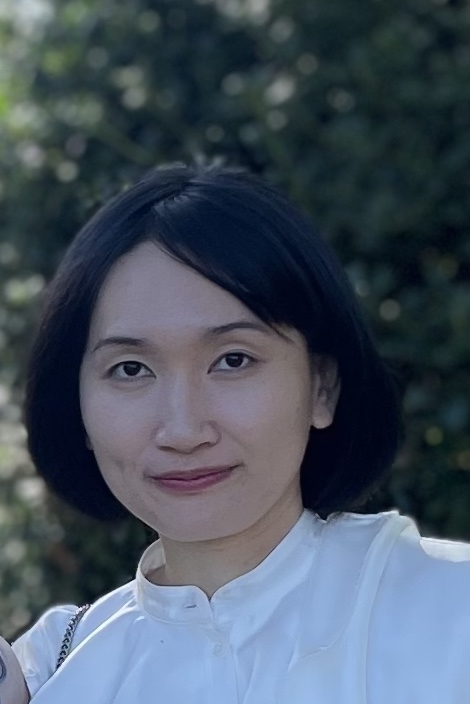
Shibing Zhou
Shibing Zhou is a doctoral student in the UCLA Sociology department. Her research interests lie in the intersection of political sociology and science and technology studies. Methodologically, She is interested in text analysis. She holds a BS in Physics and Math from the University of Michigan and a MA in Sociology from the University of Chicago.Speakers
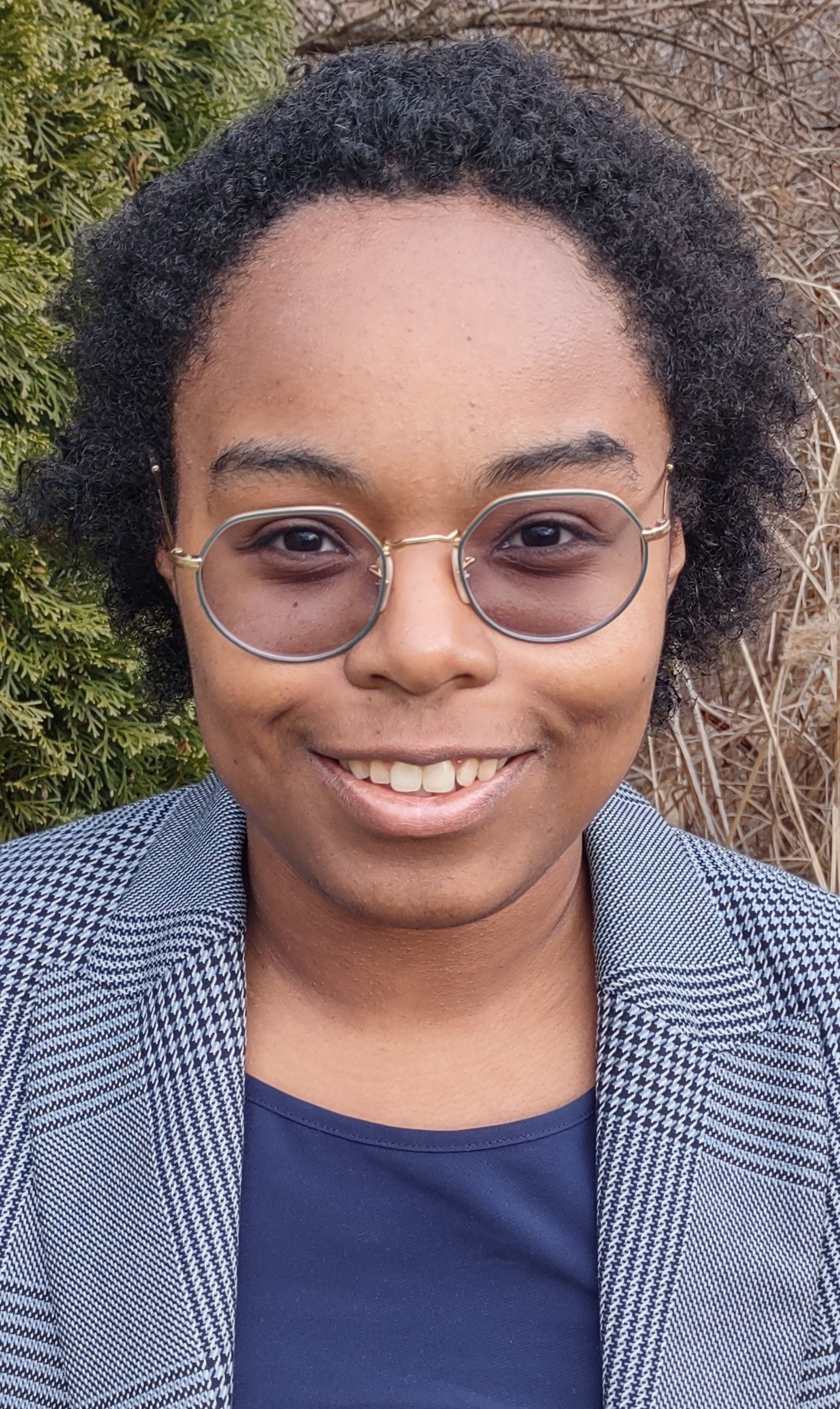
Saadia Gabriel
Saadia Gabriel is a Data Science Faculty Fellow at NYU and incoming UCLA Computer Science Assistant Professor. Her research revolves around natural language processing and machine learning, with a particular focus on building systems for understanding how social commonsense manifests in text (i.e. how do people typically behave in social scenarios), as well as mitigating spread of false or harmful text (e.g. Covid-19 misinformation). Her work has been covered by a wide range of media outlets like Forbes and TechCrunch. It has also received a 2019 ACL best short paper nomination, a 2019 IROS RoboCup best paper nomination, a best paper award at the 2020 WeCNLP summit and a 2023 MIT Generative AI Impact award. She was named on Forbes' 30 under 30 2024 list. She previously was a MIT CSAIL Postdoctoral Fellow and received her PhD from the University of Washington.
Chad Hazlett
Chad Hazlett is a professor at UCLA in the Department of Statistics and Data Science and in the Department of Political Science. His methodological work focuses on 'feasible' or 'practical' causal inference: developing research methods that enable researchers across disciplines to more feasibly make credible causal inferences from the available data and assumptions. His substantive work has focused on civil war, indiscriminate violence, and mass atrocity.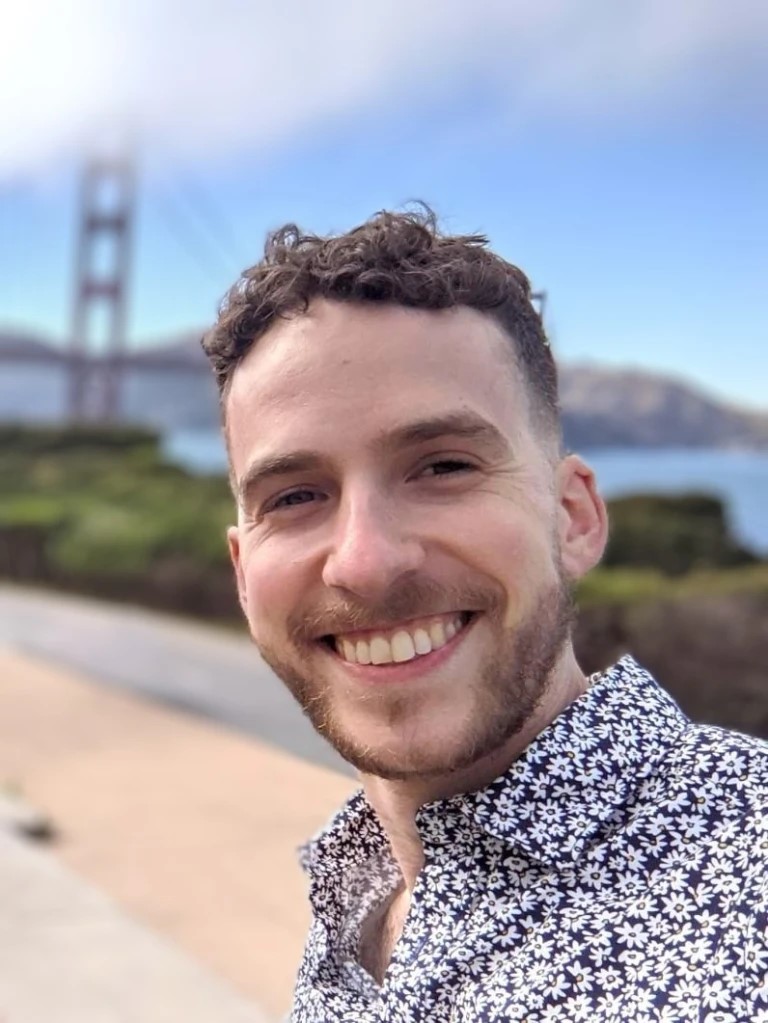
Nathan Hoffmann
Nathan Hoffmann is a PhD candidate in Sociology at the University of California, Los Angeles, where he focuses on international migration, education, sexuality, and quantitative methods. As a social demographer, he is interested in how state policies and other national institutions affect the decisions and well-being of immigrants. He also engages in methodological research with the aim of educating social scientists in advanced statistical and machine learning methods. His work has been published in Social Forces, International Migration Review, Population Research and Policy Review, and other venues. He holds master's degrees in Statistics and Sociology from UCLA and in Social Policy from University College London.
Nanum Jeon
Nanum Jeon is a Ph.D. Candidate in Sociology and an M.S. Student in Statistics and Data Science at the University of California, Los Angeles (UCLA). She is forging an academic path at the intersection of sociology, statistics, and data science, affiliated with the Social Inequality Data Science Lab (SIDS-Lab) and the California Center for Population Research. She is advised by Jennie E. Brand and Mark S. Handcock. Before coming to UCLA, she worked in public policy think tanks, including the Asian Development Bank Institute in Tokyo, Japan.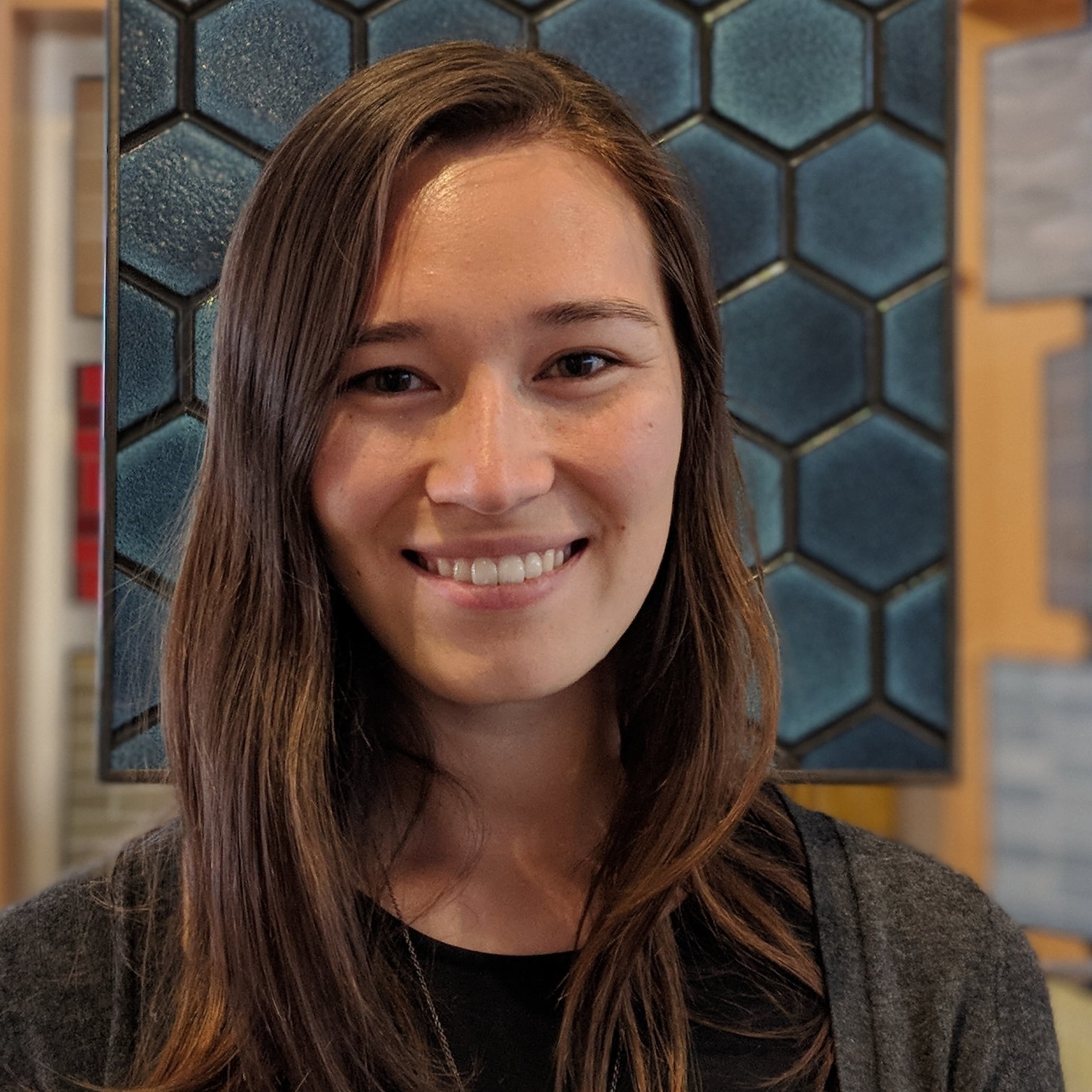
Allison Koenecke
Allison Koenecke is an Assistant Professor of Information Science at Cornell University. Her research on algorithmic fairness applies computational methods, such as machine learning and causal inference, to study societal inequities in domains from online services to public health. Koenecke is regularly quoted as an expert on disparities in automated speech-to-text systems. She previously held a postdoctoral researcher role at Microsoft Research and received her PhD from Stanford's Institute for Computational and Mathematical Engineering.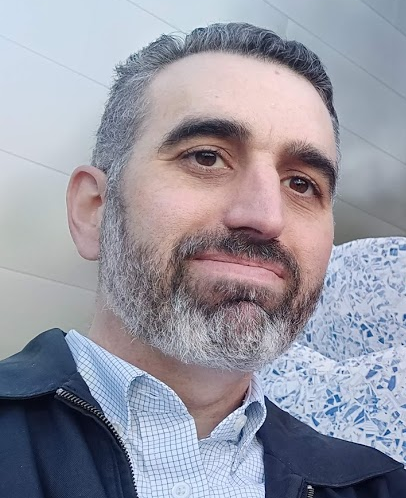
Gabriel Rossman
Gabriel Rossman is a professor of sociology at UCLA. He studies diffusion of innovation, moral disreputable economic transactions, and the entertainment industry. His work uses simulation, diffusion analysis, social networks, vignette experiments, and plain old regression.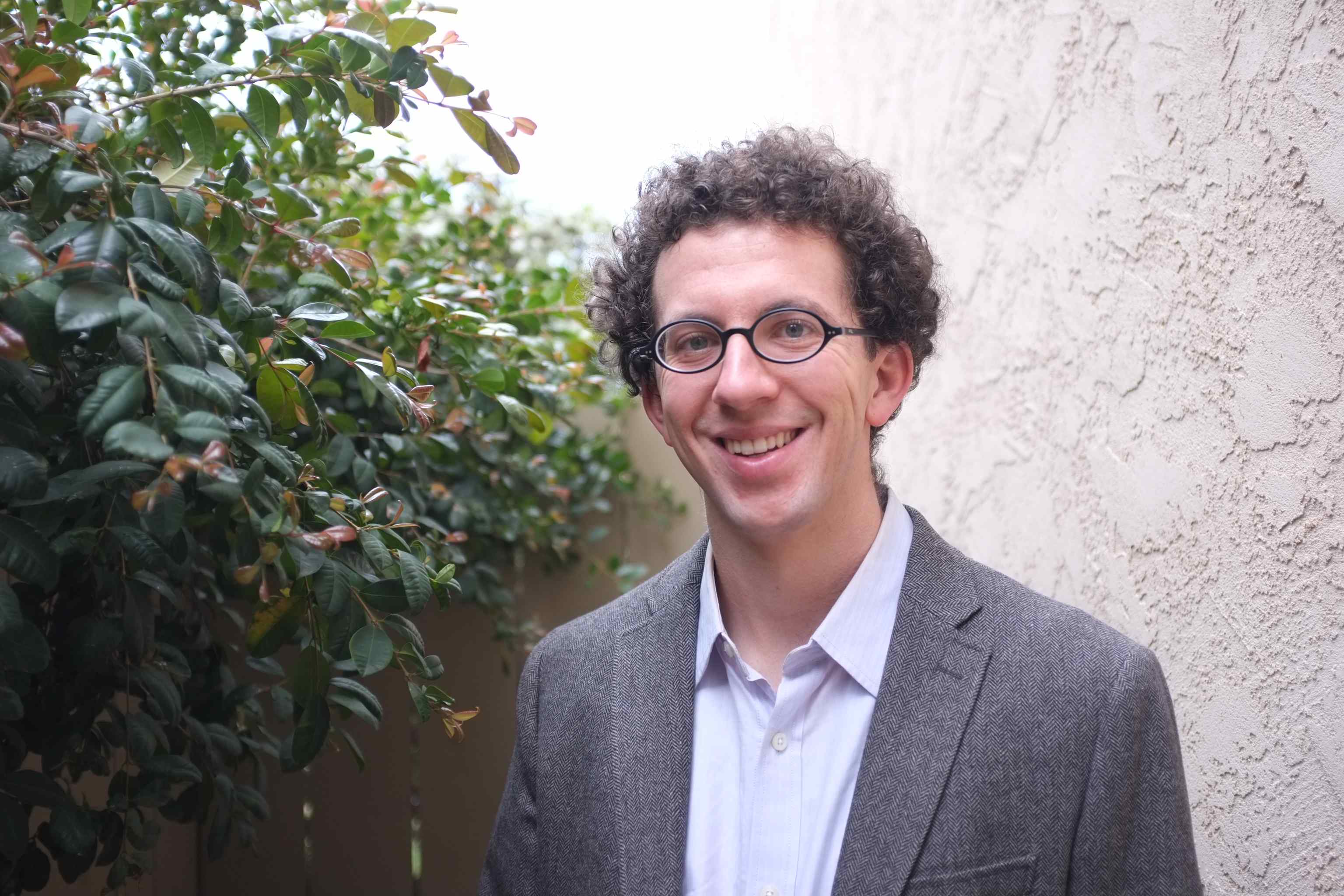
Zachary Steinert-Threlkeld
Professor Steinert-Threlkeld is an Associate Professor of Public Policy at UCLA’s Luskin School of Public Affairs. His research seeks to understand protest dynamics using natural language processing, computer vision, and large-scale simulations. He has studied protests around the world, including the Arab Spring, East Asia, and the Americas. His newest work looks at evasion of the Great Firewall in China during COVID-19, signalling on social media during the Syrian civil war, how state violence can make protests smaller or larger, and the effect of social media taxation. His work has been published in the American Political Science Review, Journal of Politics, Political Analysis, Proceedings of the National Academy of Sciences, and World Development and received coverage from Al-Jazeera, The Atlantic, Business Insider, The Economist, The New York Times, and WIRED (2).Teaching Assistants
Participants
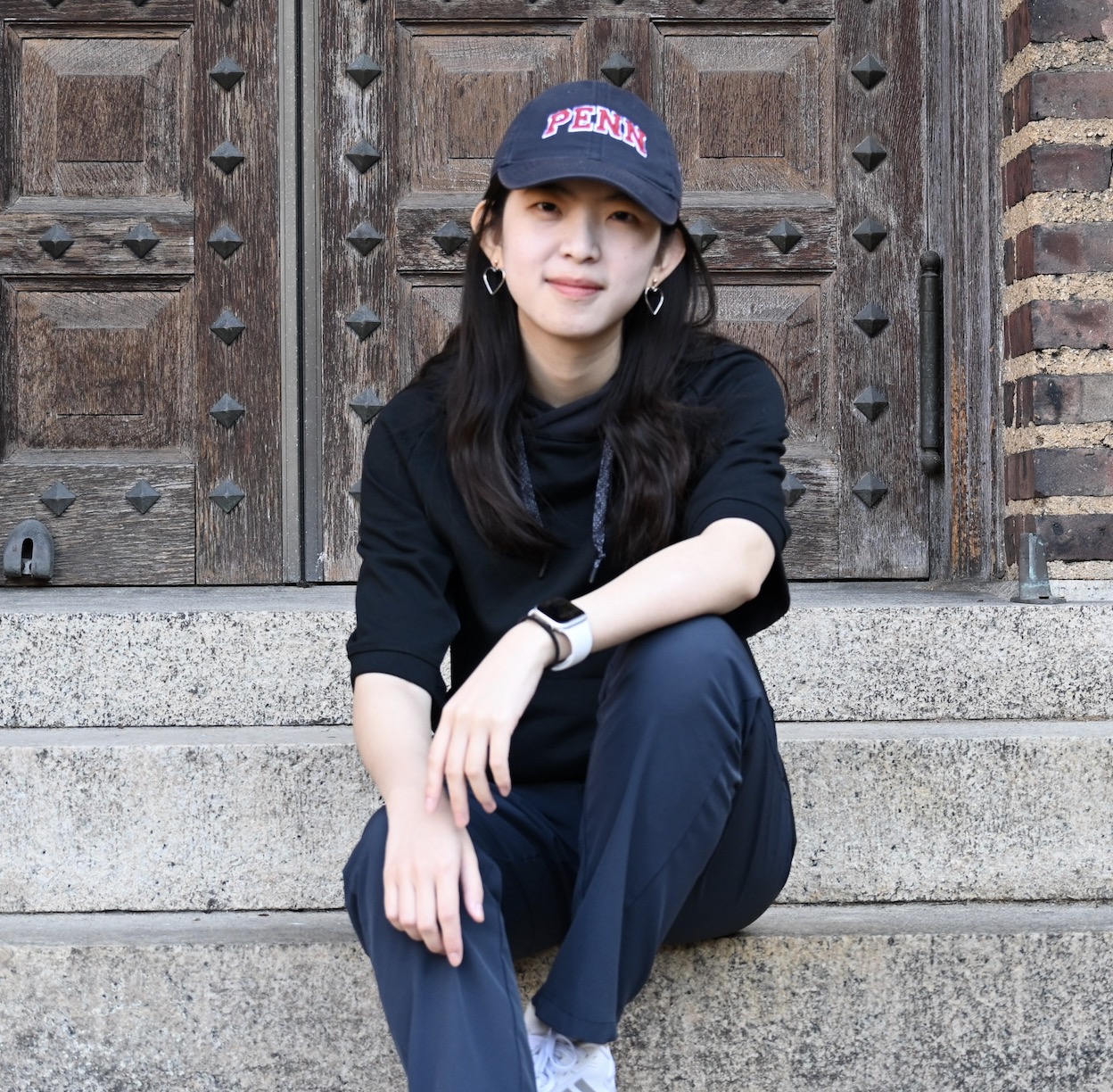
Shuhan (Alice) Ai
Shuhan Ai is a doctoral student at UCLA School of Education and Information Studies, majored in Higher Education and Organizational Change. Her research examines how college experiences facilitates women of color's STEM career aspiration and trajectories. She is very interested in longitudinal studies and causal inference, as well as how to use machine learning in higher education research.
Luoman Bao
Luoman Bao is an Associate Professor of Sociology at California State University, Los Angeles. Her research areas include aging, health, and family, focusing on aging experiences, the involved inequalities, and their implications for older people’s health. She is also interested in applying causal inference and machine learning methods to research.
Ayumi Hashimoto
Ayumi Hashimoto is a visiting scholar at the David Geffen School of Medicine at UCLA and a post-doctoral fellow at the Faculty of Economics at Keio University, holding a PhD in Health Sciences and Nursing from the University of Tokyo. Her research interest is evaluating efficiency of public health policies.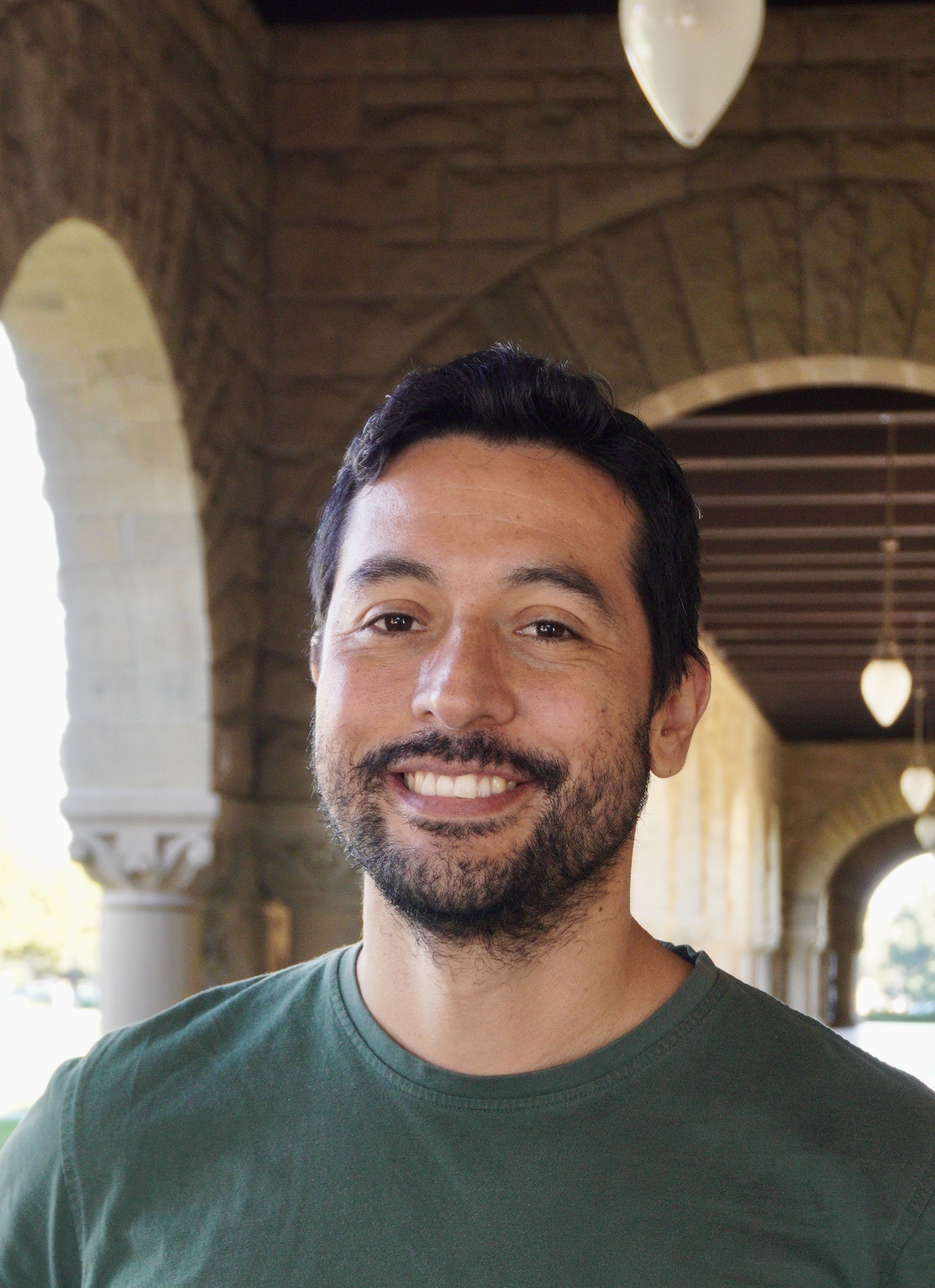
Efraín García Sánchez
Efraín García Sánchez, Ph.D., is Economic Mobility Fellow at SPARQ, Stanford University. His research examines how individuals perceive, understand, and respond to social and economic inequality. He is interested in the psychosocial processes shaping people's attitudes toward policies to reduce poverty and inequality.
Earl Greer
Earl Greer is a PhD student in Health Policy & Management at UCLA. His research interests focus on big data analytics and machine learning with correlations to healthcare delivery and health outcomes. He holds a B.S. in Sociology and an MPH in Health Policy and Management from Texas A&M University.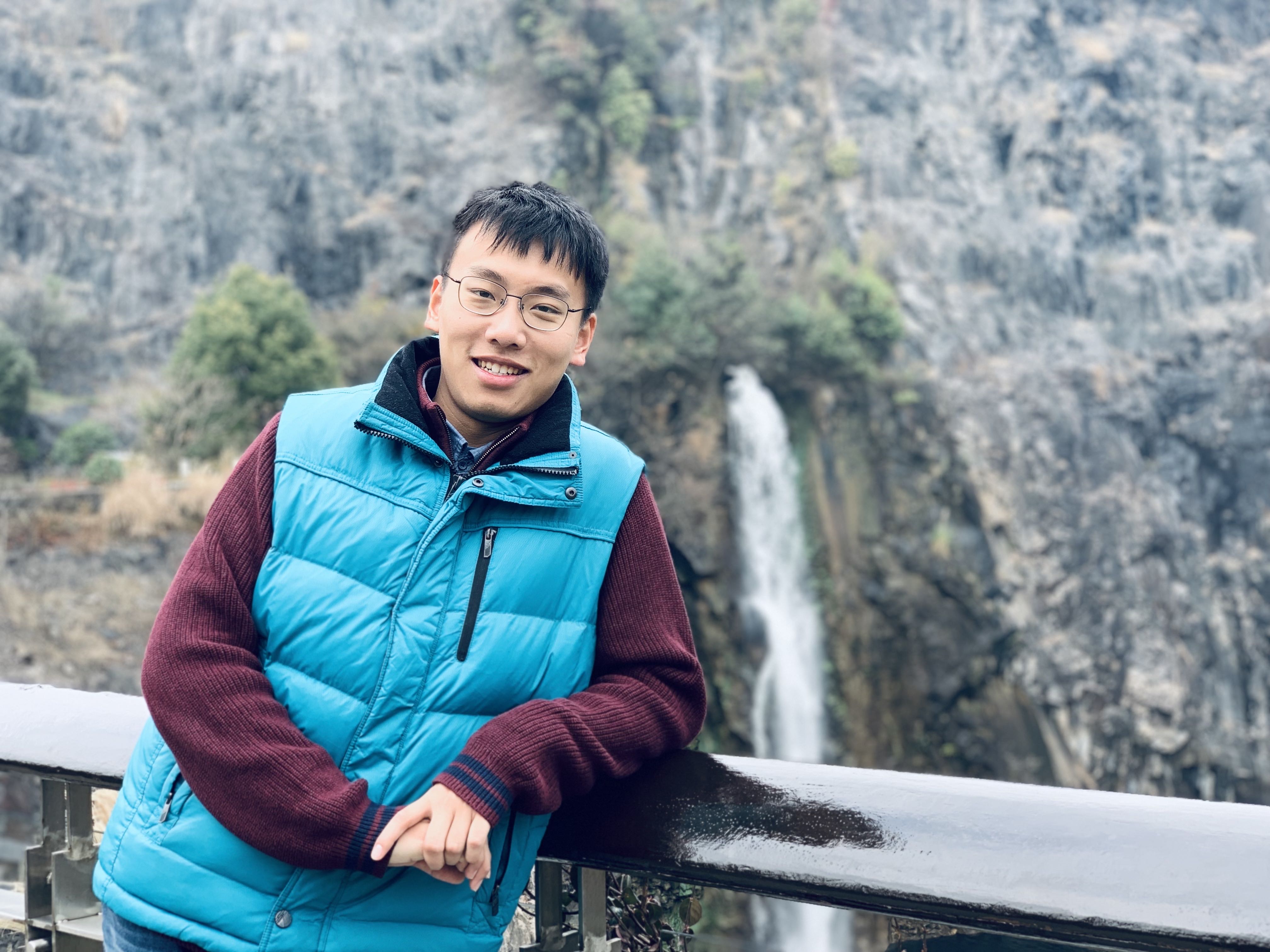
Tianji Jiang
Tianji Jiang is a PhD candidate in information studies at UCLA. His research interests include data curation, information behaviors, and science of science. His ongoing project is studying the reusability of scientific data, and exploring how to facilitate data sharing and reuse to benefit social science research.
Honeiah Karimi
Honeiah Karimi is a Ph.D. candidate in Education with an emphasis in Quantitative Methods in the Social Sciences at UC Santa Barbara. Her research interests include applications of NLP methods in educational research, educational measurement, and language learning in Virtual Reality. She holds a BA and an MA in Linguistics.
Meiyi Li
Meiyi Li is a Ph.D. student in sociology at the University of Wisconsin-Madison. Her research centers on family, health, housing, and life course. She studies how the intersection of housing and life-course events generates inequality across life. She also examines the process by which health inequality is generated and perpetuated across generations and over time. Methodologically, she has an active interest in causal inference in population studies.
Qianyi Lu
Qianyi Lu is a doctoral student in the Sociology Department of University of Illinois at Urbana-Chaimpan. She enjoys exploring how the intersection of social stratification, occupations, and family relations shapes people's well-being. Her current research applies computational methods to marriage archives in China to investigate the gender dynamics after marriage law reform. Before the PhD program, she earned an MA in sociology from the Renmin University of China and a BA in economic statistics from Jinan University.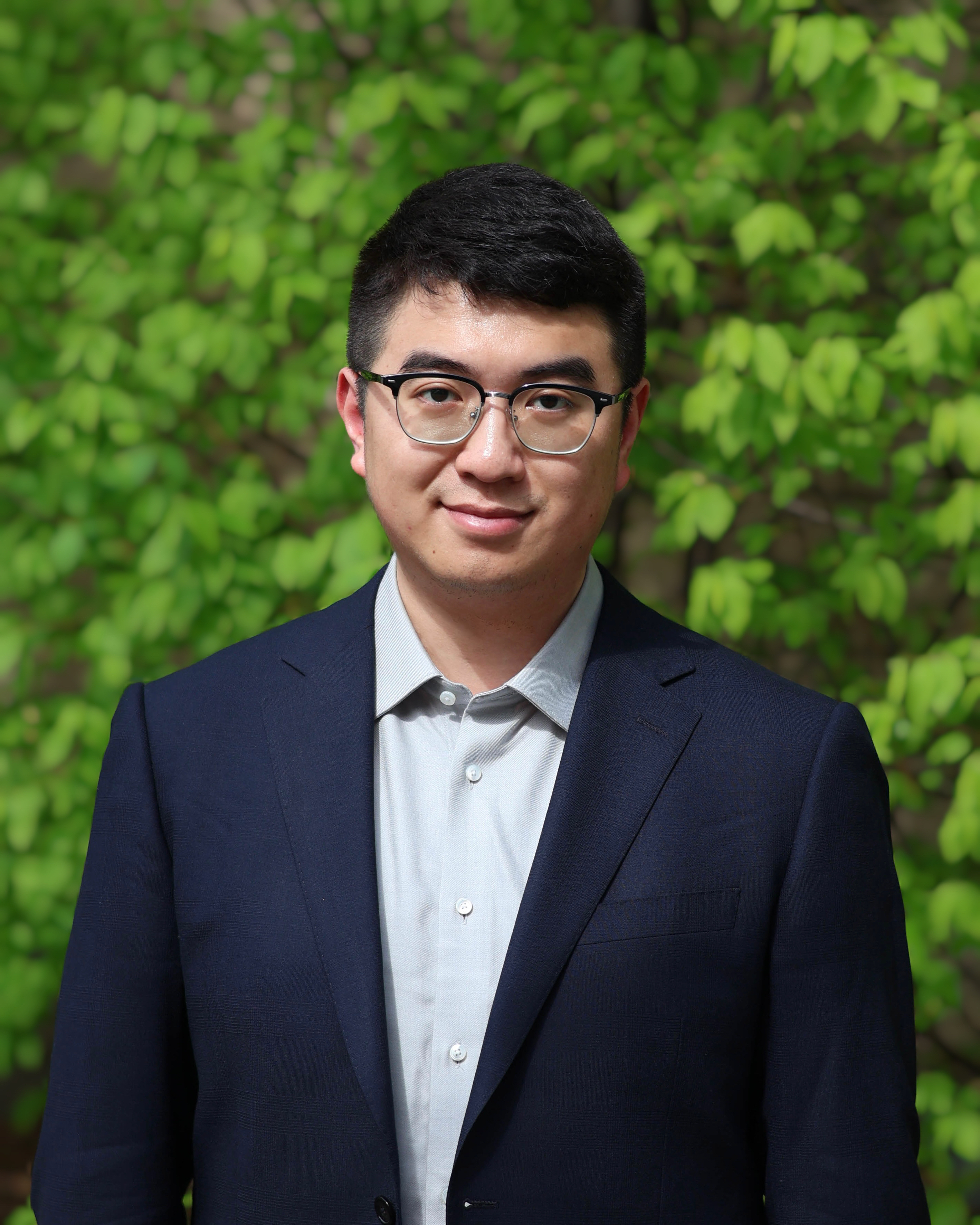
Xiaojie Shen
Xiaojie Shen is a Ph.D. candidate in Sociology at Peking University and a visiting student at the Paul and Marcia Wythes Center on Contemporary China, Princeton University. He received his B.A. in Public Management with a concentration on demography from Renmin University of China. His research interests intersect family demography and social stratification. He seeks to utilize computational methods to understand changing family behaviors and values among young people in China.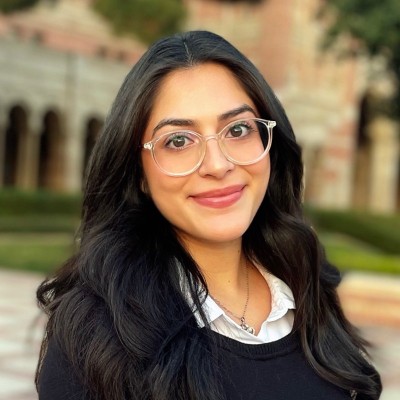
Diana Torres
Diana Torres is a Ph.D. student at UCLA studying Higher Education. Her research explores college affordability and students’ labor market outcomes, with a focus on Latinx and first-generation college students. She has worked as a Data Fellow at The Education Trust and held teaching assistantships for introductory R courses.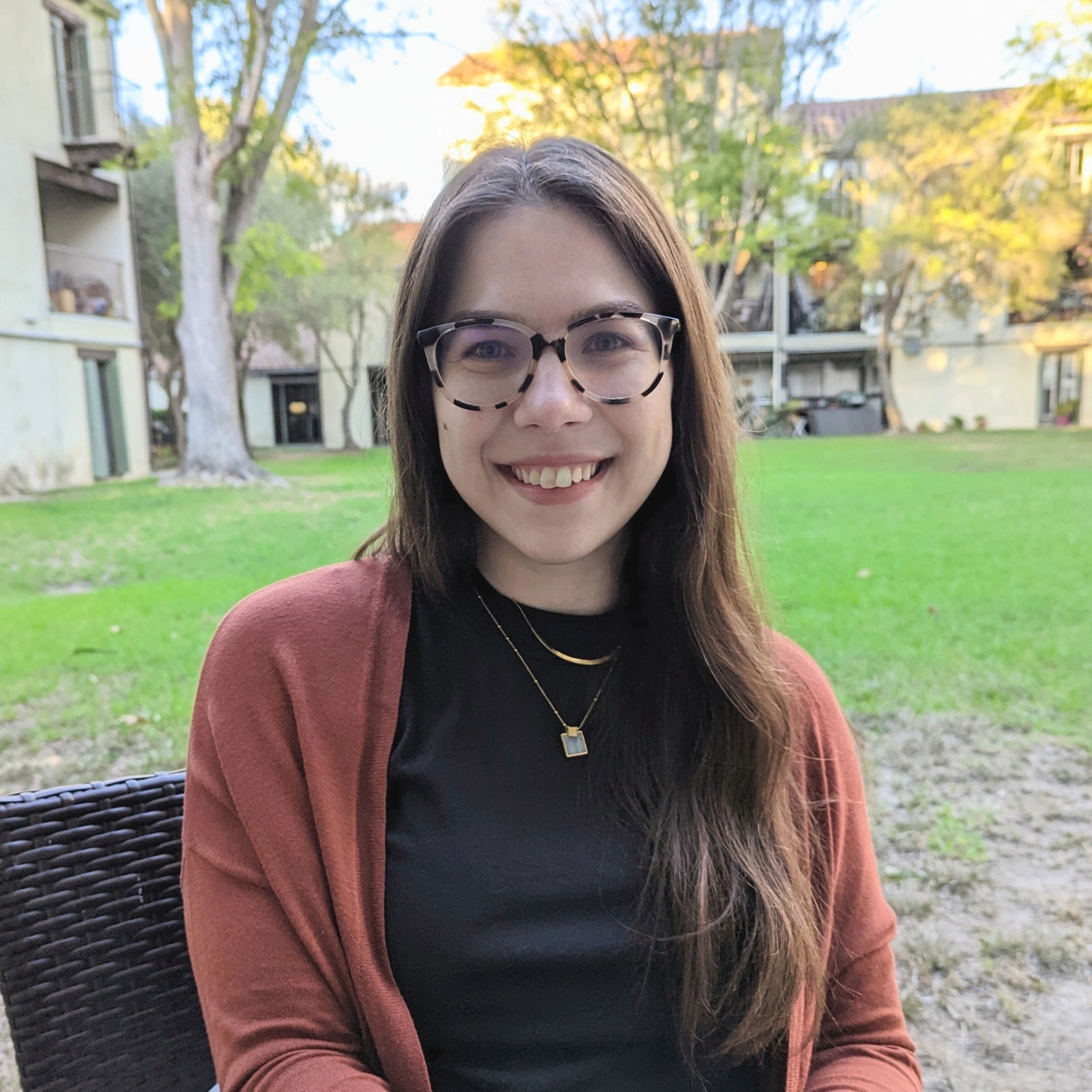
Sara Tyberg
Sara Tyberg is a Ph.D. student in Sociology at UC Santa Barbara. Her research uses mixed methods to examine race, gender, and class privilege, specifically exploring how privileged groups experience and respond to adversity. Sara also serves as a research assistant for the Mass Shootings in America project at UCSB.
Coral Utnehmer
Coral Utnehmer is a recent UCLA graduate with a BA in Sociology. She is interested in researching intersubjective consensus and competing perspectives. Past and current research focuses on diverse gender identities in interaction.